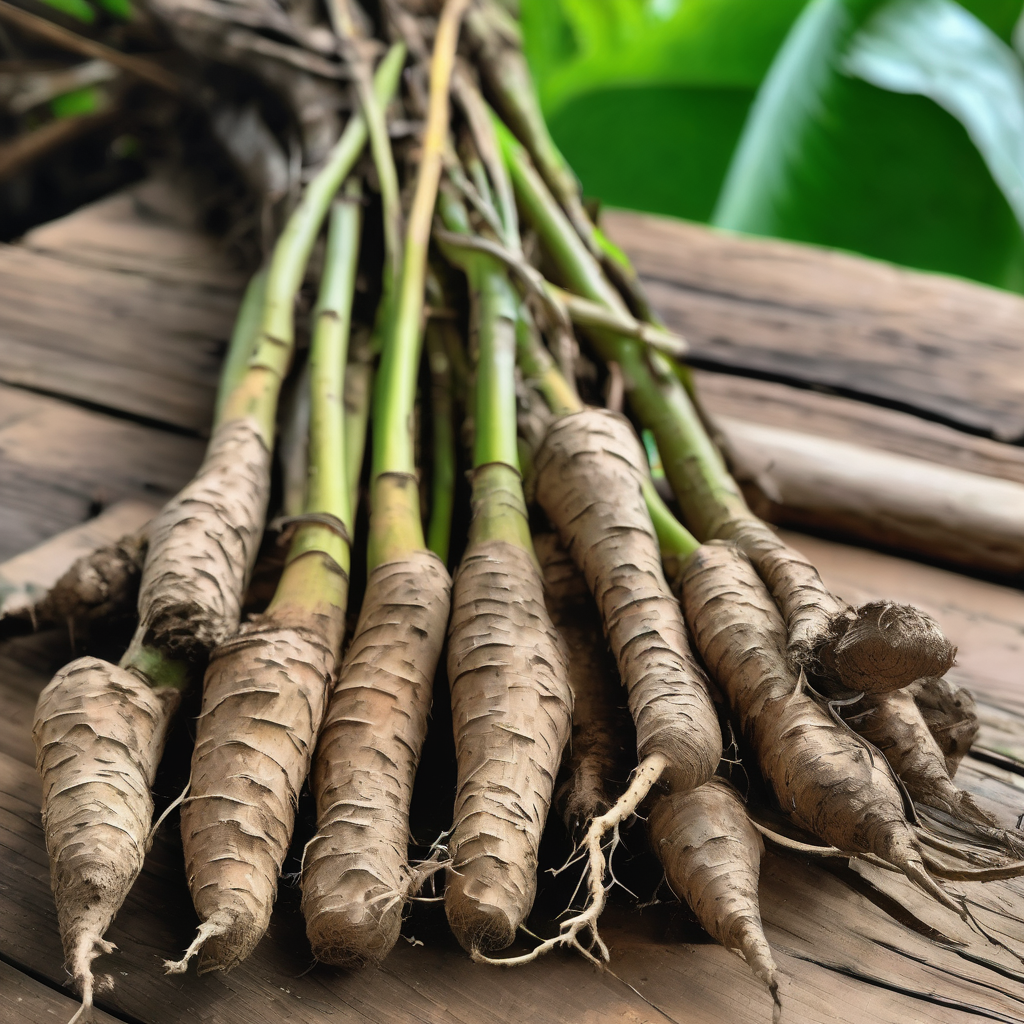Tailevu is making strides to elevate its agricultural sector as a vital income source for local villagers by expanding market access for native products, including cassava, taro, and a variety of vegetables to international buyers. This initiative has gained momentum with Provincial Council Chair Semi Matalau reporting that a specific market in New Zealand has already been identified for cassava and taro, while arrangements with Air Nauru are set to facilitate the export of local vegetables.
Matalau emphasized the goal of unlocking economic opportunities for villagers through all facets of farming. He pointed out that the province is collaborating closely with the iTaukei Land Trust Board to assist landowners in formalizing their land use plans, creating a structured system for more effective resource management.
Recent activities have seen representatives visiting areas such as Wailotu 2 in Wainibuka, where all clan members expressed a desire to record their lands under the Trust Board’s guidelines for proper planning. This proactive approach indicates a growing interest among locals to utilize their land for financial gain.
Matalau also called upon Tailevu residents with expertise in finance, business administration, and marketing to contribute to this effort. The aim is to develop sustainable business models that will strengthen market connections and bolster economic outcomes. The vision is to empower landowners to utilize their resources—including crops, livestock, and fisheries—under a cohesive “Tailevu brand” that will assure the quality of local products in both domestic and international markets.
This initiative comes as part of broader governmental strategies aimed at improving the economic landscape for indigenous groups across the region. With similar projects focused on enhancing governance, financial assistance for local businesses, and significant investment in infrastructure developments, the movement towards an empowered agricultural sector is promising. The agricultural involvement of 48% of Tailevu’s population hints at a robust foundation for this economic transition.
The ongoing commitment to building sustainable agricultural practices not only provides hope for Tailevu but also sets a precedent for other regions in Fiji, as the government and communities work collectively to foster an environment where local farmers can thrive and contribute to food security and economic stability.
